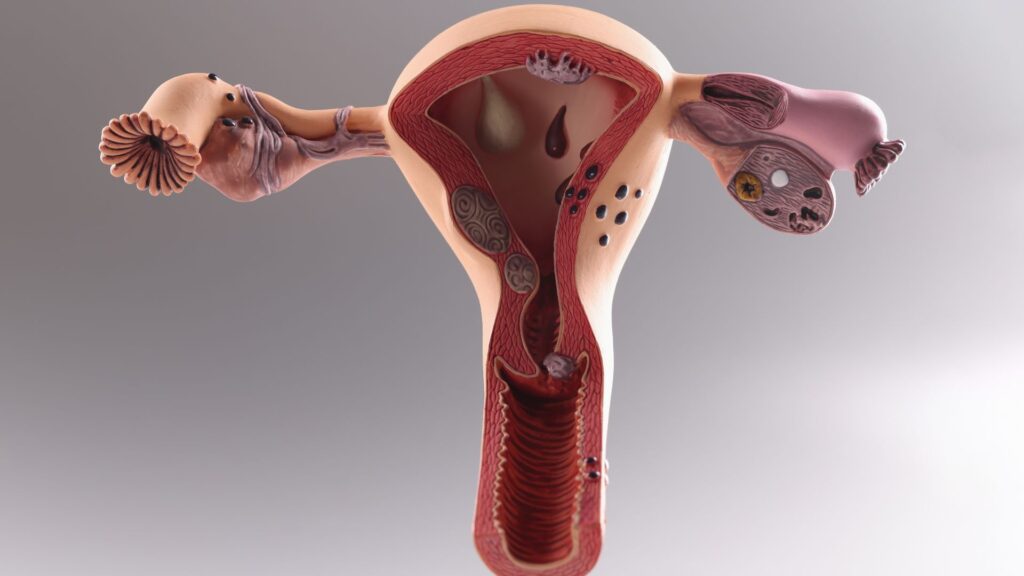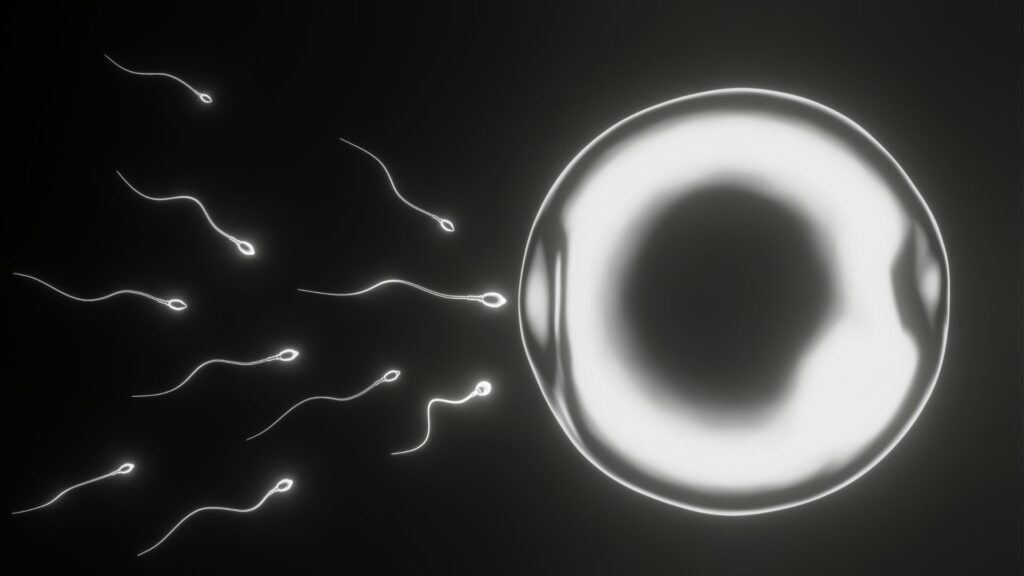Common Causes of Infertility in Men and Women
Infertility affects both men and women due to various underlying factors. This post explores common causes and offers insights into their impact on fertility and reproductive health.
1. Hormonal Imbalances
Hormonal imbalances can significantly affect fertility, disrupting ovulation in women and sperm production in men. Conditions such as polycystic ovary syndrome (PCOS) and thyroid disorders frequently contribute to infertility. To address these challenges, regular hormone checks are crucial for accurate diagnosis and effective treatment, helping individuals manage their reproductive health and improve their chances of conception.
2.Age-Related Fertility Decline
Fertility naturally declines with age, particularly for women over 35, who face increased challenges in conception. Men also experience a gradual decrease in sperm quality, which can impact their fertility. As both partners age, it becomes more difficult to conceive. Understanding these changes can help couples make informed decisions about family planning and seek support when needed.

3.Blocked Fallopian Tubes
Blocked fallopian tubes hinder the sperm’s ability to reach the egg, significantly decreasing the chances of pregnancy. This condition is often a result of pelvic inflammatory disease (PID) or endometriosis. These underlying issues can create scarring or damage, making natural conception difficult. Seeking medical advice is crucial for understanding treatment options and potential solutions for achieving pregnancy.

4.Low Sperm Count or Motility
Men with low sperm count or poor motility often face challenges in fertilizing an egg. Several factors can contribute to this condition, including genetic predispositions, lifestyle choices such as diet and exercise, and health issues like varicocele. Addressing these factors through lifestyle changes and medical interventions can improve fertility prospects and enhance the chances of conception.

5.Lifestyle Factors
Smoking, excessive alcohol consumption, drug use, and obesity can profoundly impact fertility in both men and women. These lifestyle factors can cause hormonal imbalances, leading to lower sperm quality in men and irregular ovulation in women. Addressing these issues is crucial for enhancing reproductive health and increasing the chances of conception, making healthier choices essential for aspiring parents.

6.Endometriosis
Endometriosis is a painful condition characterized by the growth of tissue similar to the uterine lining outside the uterus. This abnormal tissue can lead to inflammation and scarring, often resulting in severe pain during menstruation. Additionally, endometriosis can affect fertility, making conception more challenging for those affected. Understanding this condition is essential for seeking appropriate treatment and support.
7.Genetic Factors
Inherited genetic disorders can contribute to infertility in both men and women. Chromosomal abnormalities may result in various issues, such as an increased risk of miscarriages, decreased sperm production in men, and disrupted ovulation in women. Understanding these genetic factors is crucial for couples facing infertility challenges, as they can influence both conception and overall reproductive health.
8.Environmental Toxins
Exposure to harmful chemicals, pesticides, and radiation can significantly impact fertility. These toxins may disrupt hormone production and damage reproductive organs, making it harder to conceive. Reducing contact with such harmful substances is crucial for maintaining reproductive health. Individuals should be mindful of their environments and consider safer alternatives to protect their fertility and overall well-being.

9.Sexually Transmitted Infections (STIs)
Sexually transmitted infections (STIs) like chlamydia and gonorrhea can result in scarring and blockages in the reproductive organs, which may lead to infertility in both men and women. It’s essential to seek early diagnosis and treatment to prevent these long-term complications. Regular screenings and practicing safe sex are vital steps in protecting reproductive health and maintaining fertility.
10.Unexplained Infertility
Unexplained infertility refers to cases where couples face difficulty conceiving despite undergoing comprehensive medical evaluations that reveal no identifiable cause. This situation can be particularly frustrating and disheartening for those trying to start a family. It often leaves couples feeling confused and helpless, as they navigate their options while trying to understand the reasons behind their fertility challenges.
Infertility in both men and women can stem from various common causes. Identifying the underlying issue is crucial for effective treatment. Seeking professional help can provide valuable insights into specific factors affecting fertility. With appropriate guidance and tailored interventions, couples can enhance their chances of conception and pave the way for a successful pregnancy journey.
Start Your Parenthood Life
“Contact us today, and we will gladly provide our special consulting services.”

